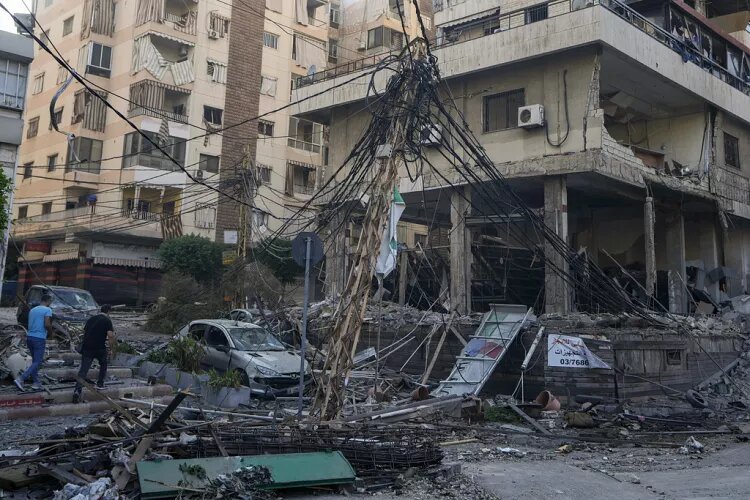Hezbollah: One year after the large-scale aggression

BEIRUT — With the first anniversary of the large-scale U.S.–led Israeli aggression against Lebanon, which lasted more than two months, the question arises about Hezbollah’s position today in light of regional and international transformations.
Despite the enormous political, economic, and military pressures, the resistance (Hezbollah) has succeeded in maintaining its position and even developing its structure.
First, resistance in Lebanon emerged from a pressing need in the absence of genuine sovereign protection. It has become a fundamental element in the balance of power in the Levant.
Since 2006, it has proven its ability to counter unrestrained Israeli aggression and increase the costs for it.
Undoubtedly, the rhetoric that seeks to portray the resistance as a burden on Lebanon reflects the long-standing U.S.-Israeli political intentions that are renewed at every stage. Their main malicious goal is to strip Lebanon of its elements of power and turn it into a submissive state.
Meanwhile, the spies in the U.S. embassy in Beirut have been working tirelessly to hold the resistance responsible for the destruction caused by the wars over the years, clearly falsifying the facts. But the aggression is the direct cause of the losses, while the resistance has controlled its long-term consequences.
The deterrence by the resistance is not an absolute guarantee; rather, it is a dynamic process influenced by military, technological, and political transformations.
Nevertheless, the resistance represents a unique experience compared to other resistance movements in modern history.
A year later, the facts reveal that the Israeli occupation entity has not abandoned its project to weaken the resistance, and that Washington continues to place Lebanon at the heart of its regional strategy.
The coordination between Tel Aviv and Washington has transcended the confines of the last war to a comprehensive program of action encompassing all of West Asia, including Iran.
Meanwhile, observers confirm that Hezbollah has indeed succeeded in restoring its military and organizational capabilities with remarkable speed and has demonstrated a significant financial capacity to compensate those affected, causing concern in Washington about Hezbollah’s sources of funding and the effectiveness of the sanctions imposed on it.
In contrast, the Americans are focusing on keeping the Lebanese Army and Banque centrale du Liban under their direct supervision, believing that any support for them must be conditional on the extent of their move to restrain the resistance, despite their awareness that the army is unable to carry out the mission of disarming the resistance.
The Israeli occupation entity has also demonstrated that it is not concerned with the time limits that Washington is rumored to have granted Lebanon, meaning that it will continue its assassinations and raids whenever it deems necessary.
Indeed, leaks by Western sources indicate an Israeli intention to resume its aggression through a large-scale ground operation aimed at controlling southern Lebanon up to the Litani River, then imposing new security arrangements to its north.
This approach intersects with efforts to impose facts on the ground in southern Syria, by establishing demilitarized zones and preventing any possession of strategic weapons. This reaffirms that the battle is not limited to Lebanon alone, but rather includes redrawing the security map of West Asia as a whole.
This is because Tel Aviv, and Washington behind it, believes that confronting the Axis of Resistance must be comprehensive, not limited to Hezbollah, Hamas, or Ansarallah, and extends primarily to Iran, which both sides view as the backbone of this axis. This view is met with European support.
Hence, the resistance in Lebanon is not a burden, as its opponents promulgate, but rather a security and political pillar in the face of a project that continues to pose a direct existential threat.
On the first anniversary of the massive aggression, it is clear that any attempt to weaken the resistance or disarm it will only make Lebanon more vulnerable, while its continuation constitutes the actual guarantee for the resilience of Lebanon, and indeed the peoples of the entire region.
Leave a Comment